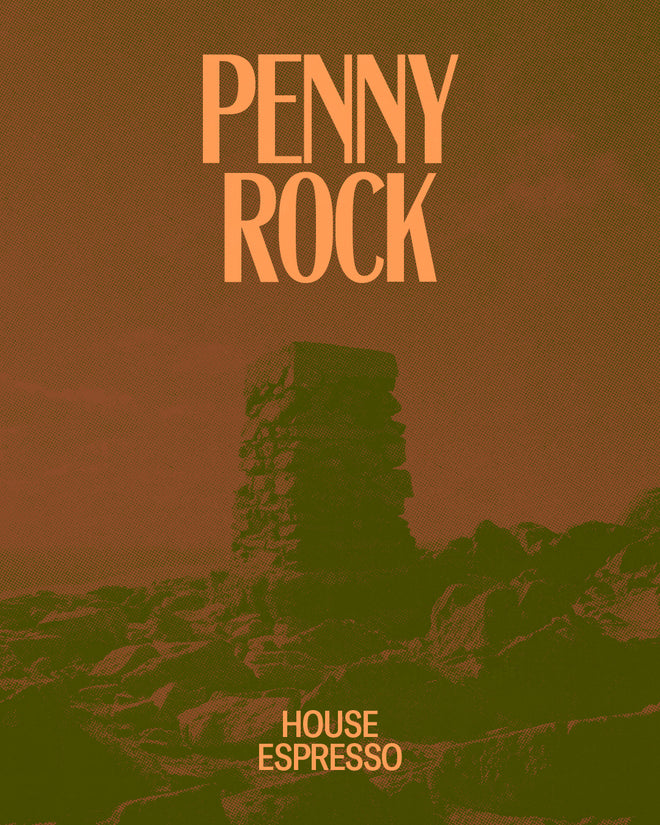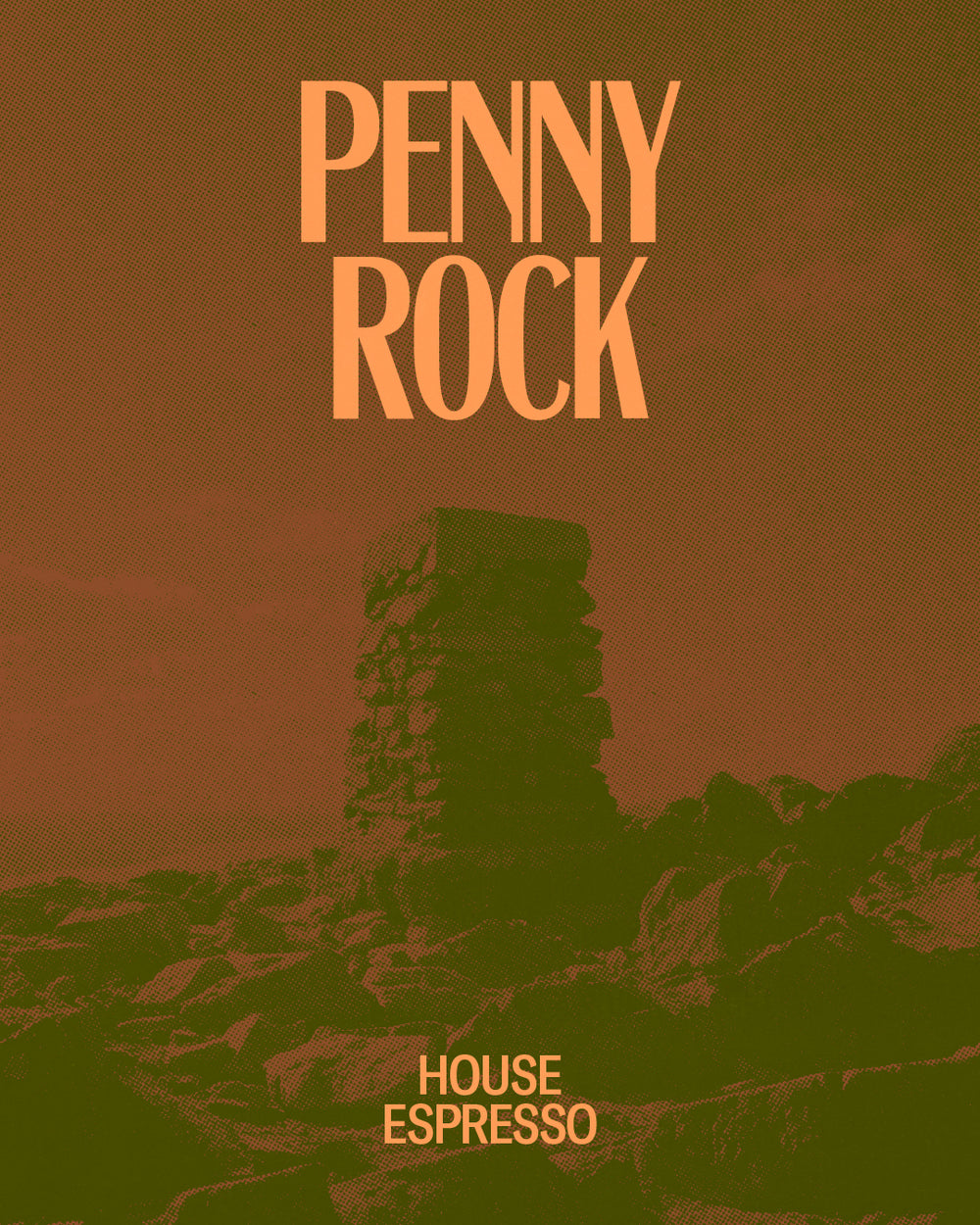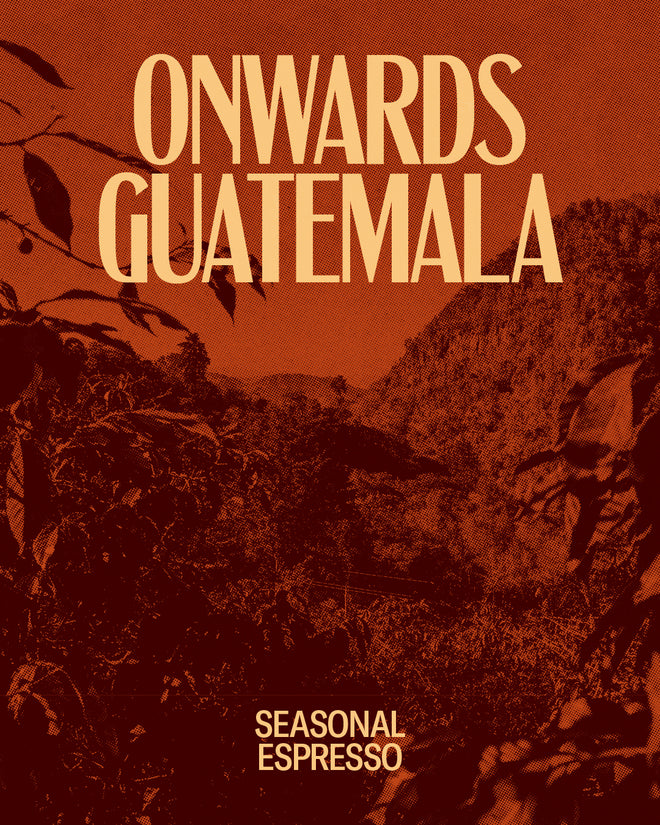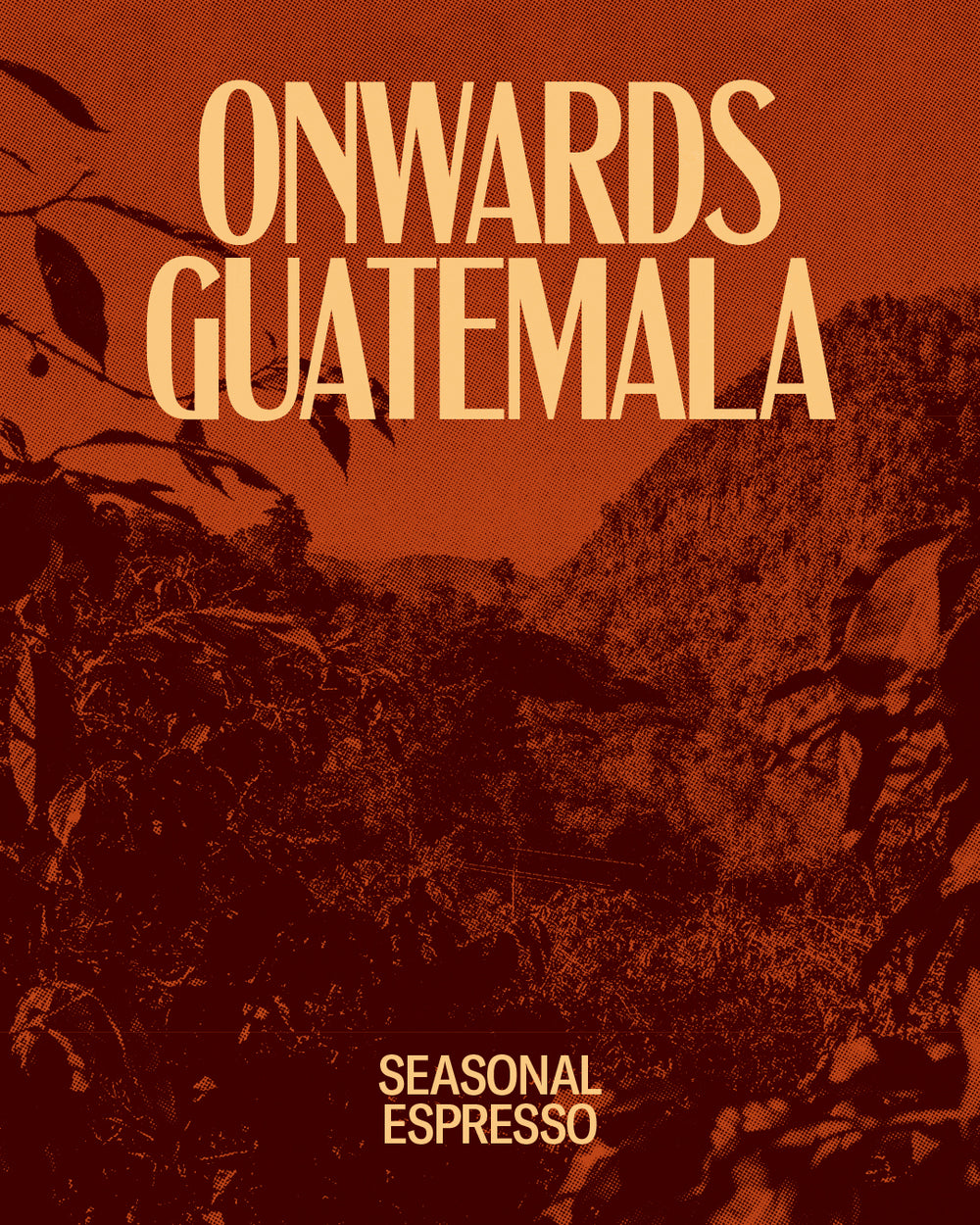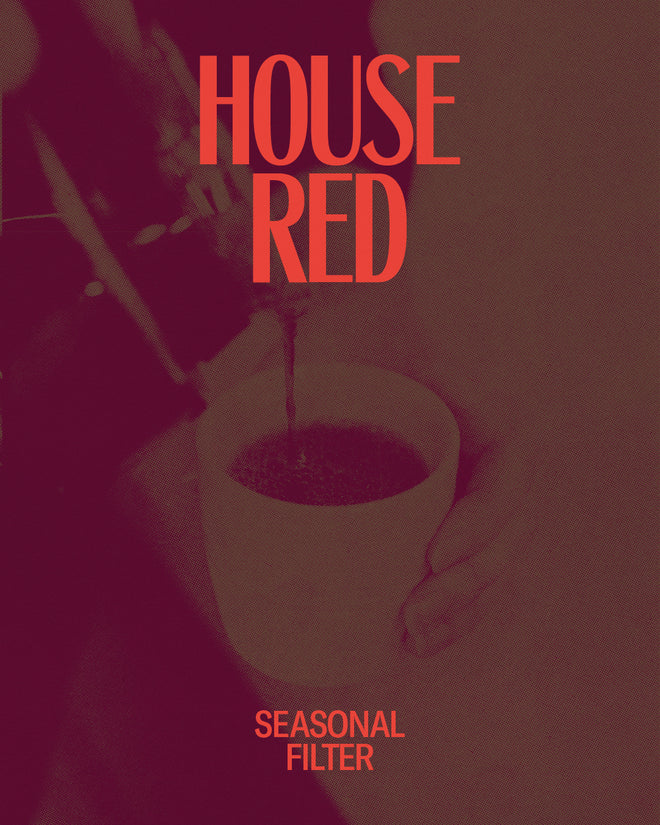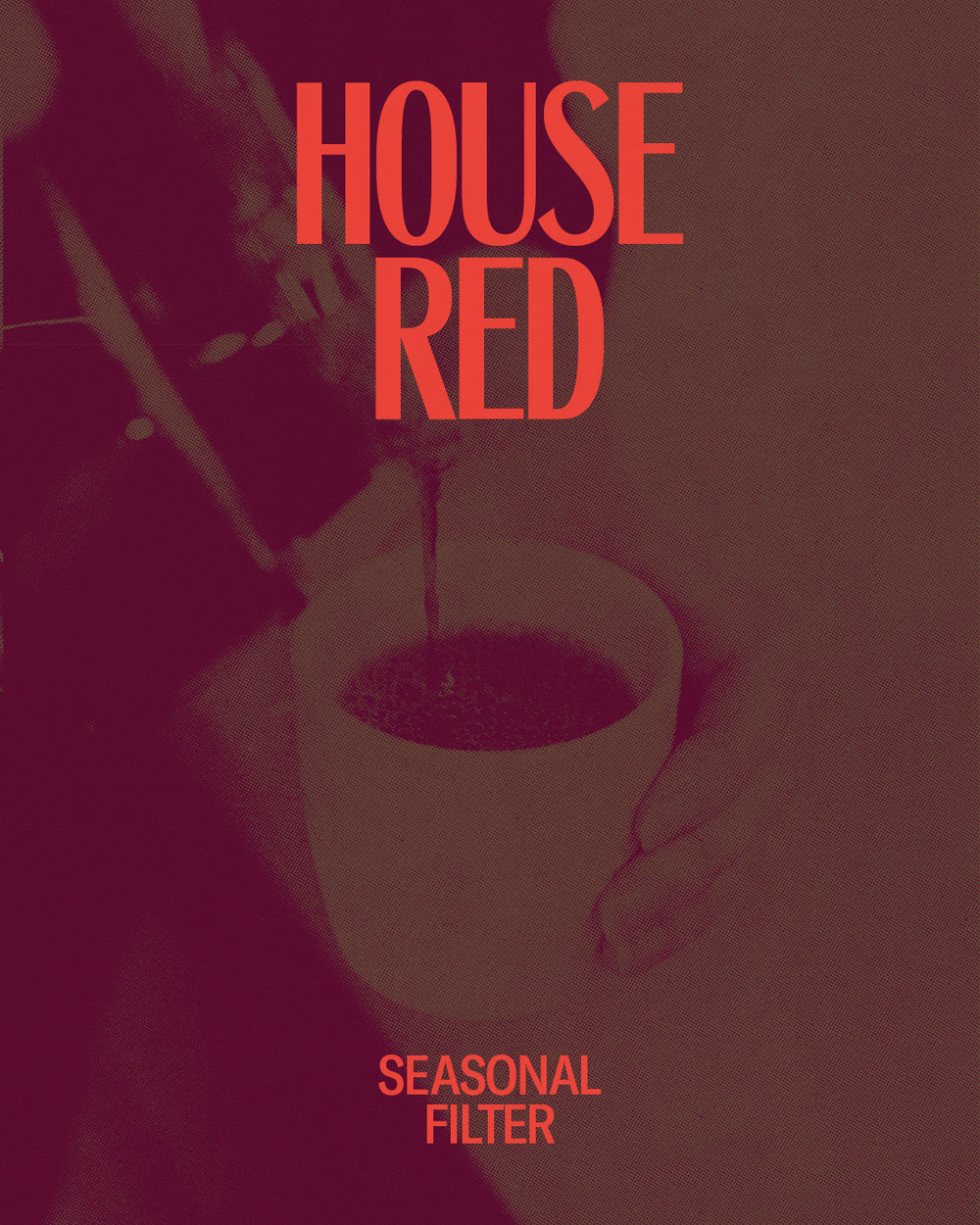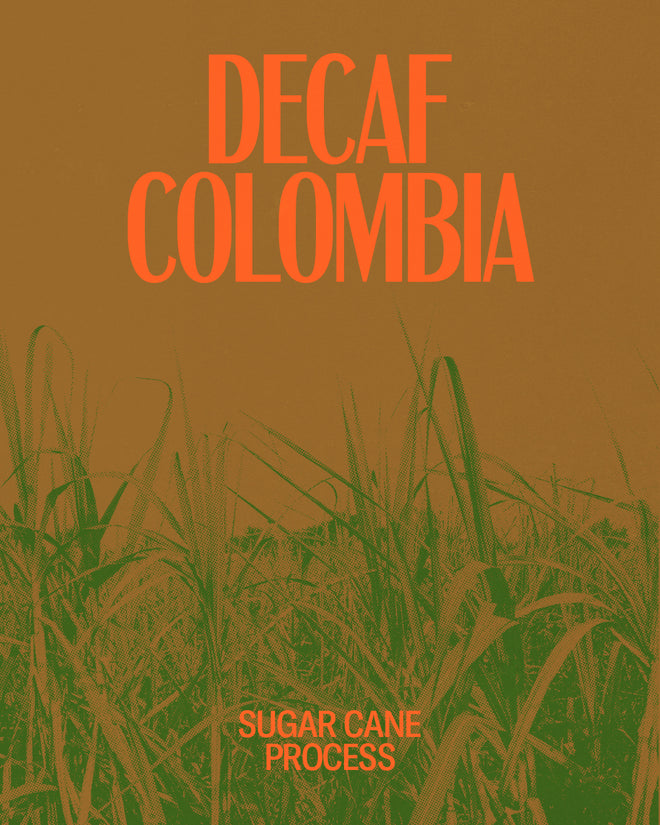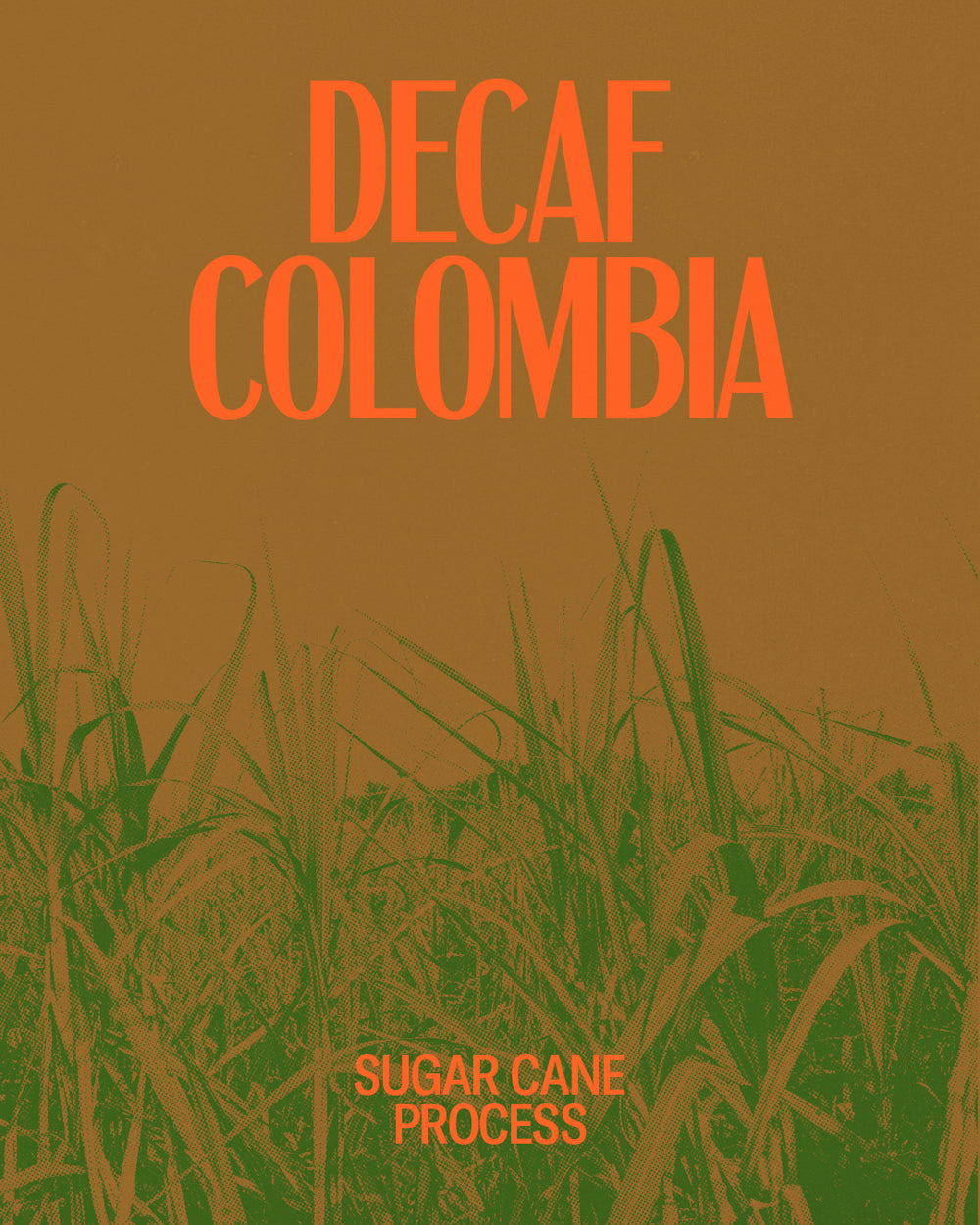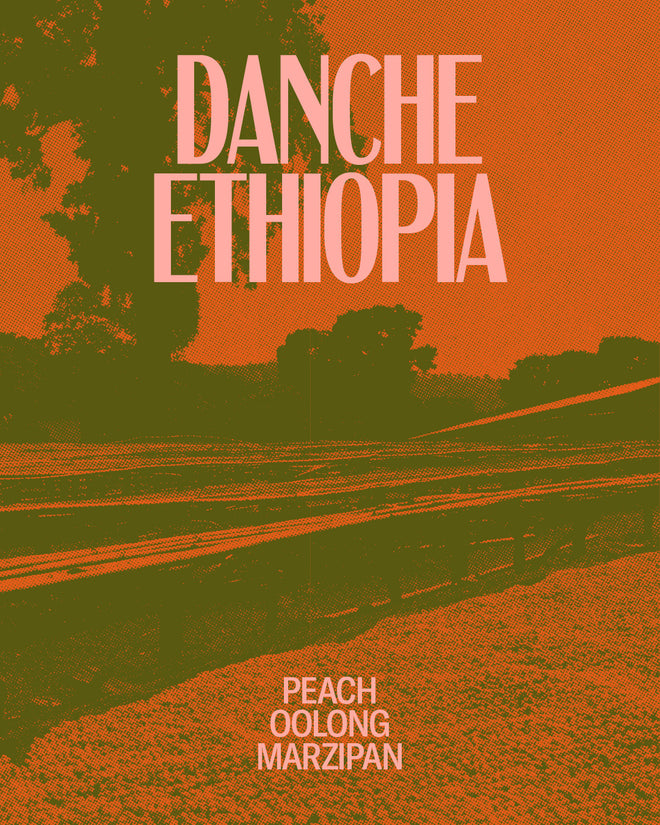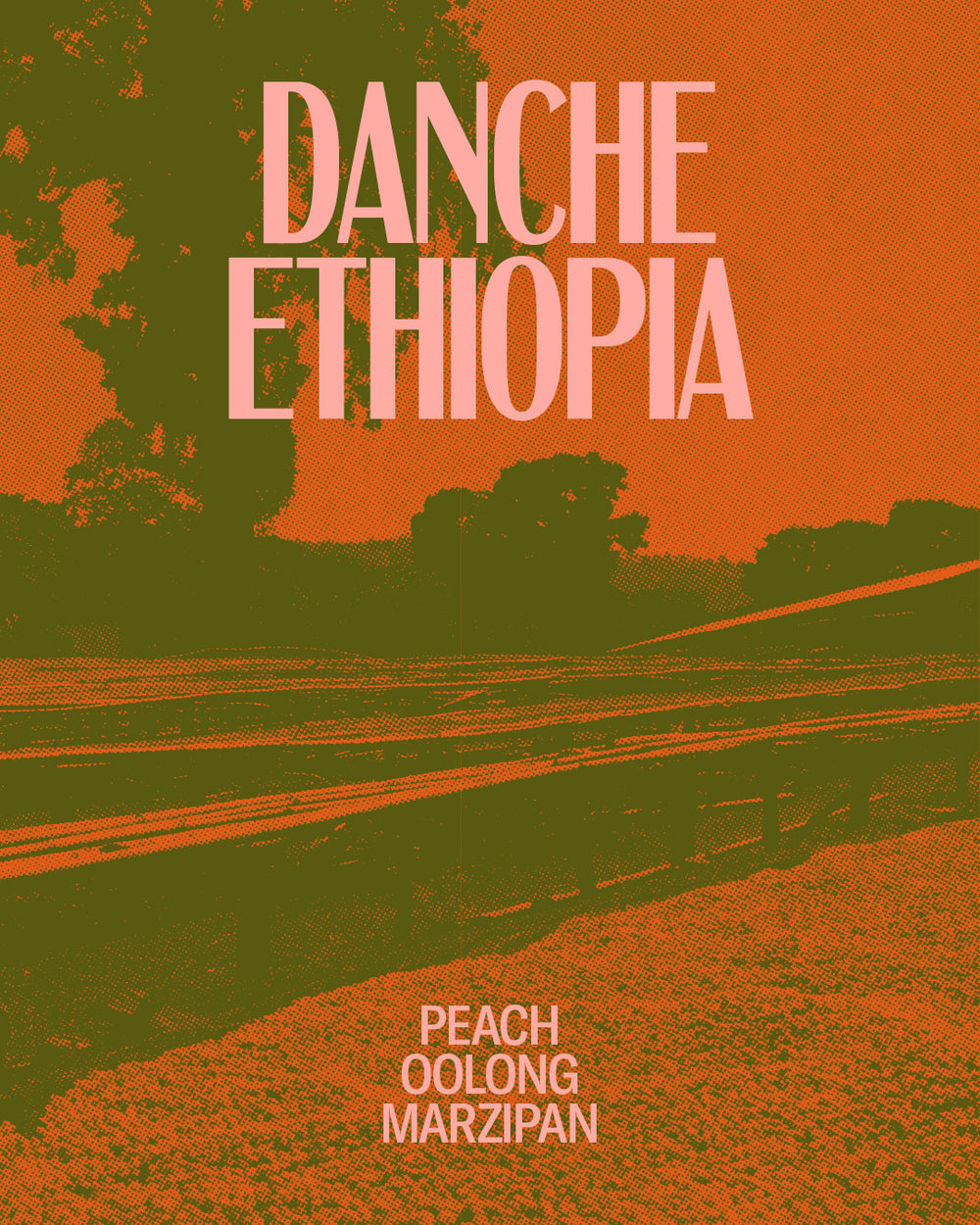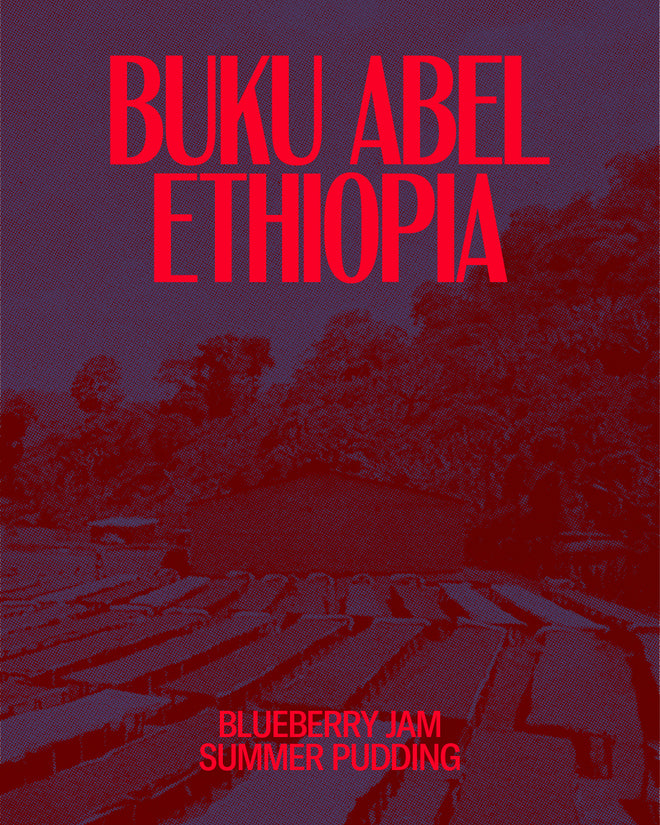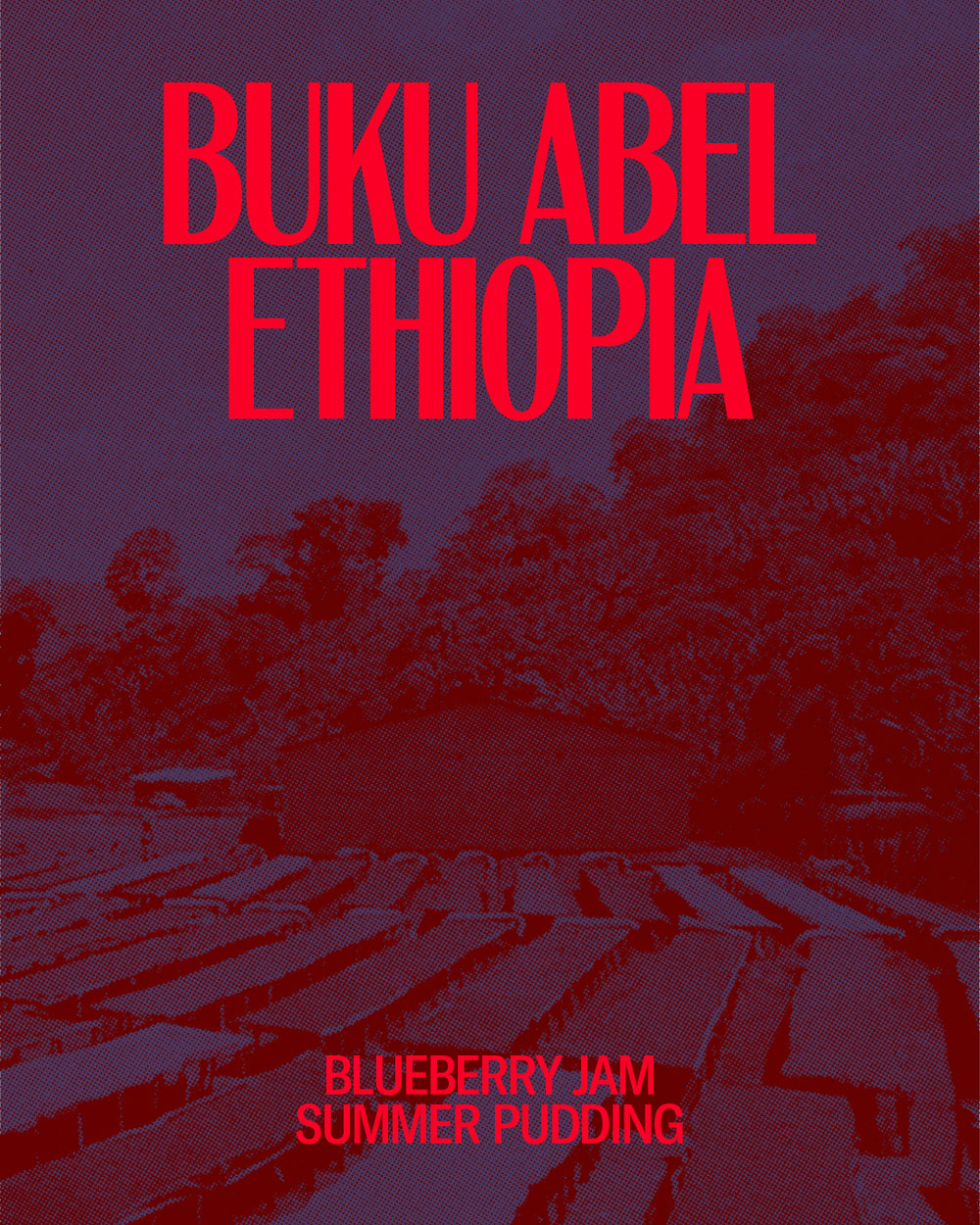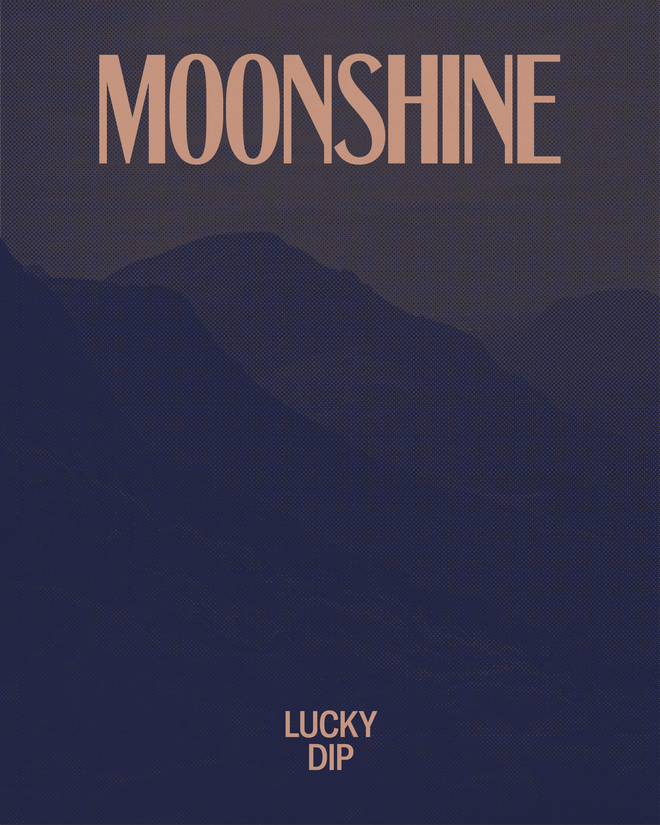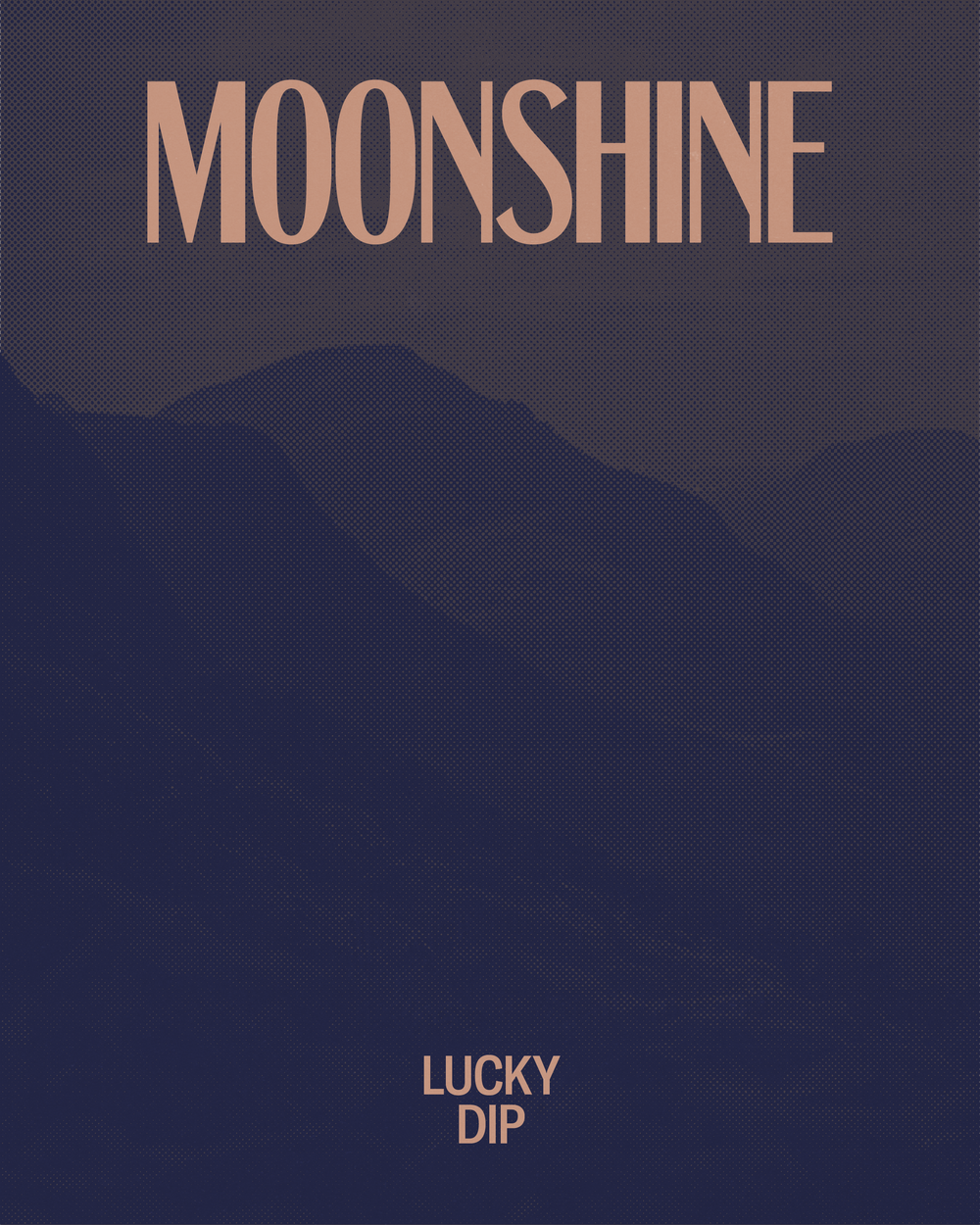-
BRAZIL + MEXICO
ESPRESSO
Penny Rock
Regular price From £10.00 GBPRegular priceUnit price per -
INDIA
ESPRESSO
The Struggle
Regular price From £10.00 GBPRegular priceUnit price per -
GUATEMALA
ESPRESSO
Onwards
Regular price From £11.00 GBPRegular priceUnit price per -
BURUNDI
FILTER
House Red
Regular price From £11.00 GBPRegular priceUnit price per -
COLOMBIA
OMNI
Decaf
Regular price From £12.00 GBPRegular priceUnit price per -
INDIA
OMNI
Kerehaklu
Regular price From £12.00 GBPRegular priceUnit price per -
ETHIOPIA
OMNI
Danche
Regular price From £14.00 GBPRegular priceUnit price per -
ETHIOPIA
OMNI
Buku Abel
Regular price From £14.00 GBPRegular priceUnit price per -
LUCKY DIP
Moonshine
Regular price From £10.00 GBPRegular priceUnit price per
